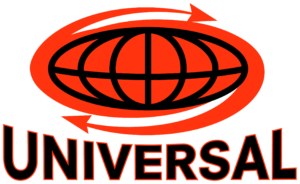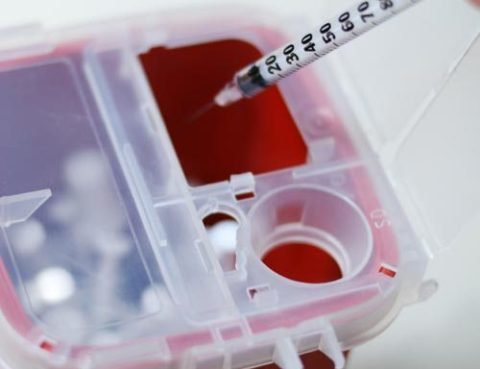
Proper sharps disposal using sharp container disposal is of utmost importance, as one accidental prick can lead to the transmission of a deadly disease. Below, all queries related to sharps and disposal of sharps container are answered. What are sharps? Sharps include all those tools or instruments used in the medical or health care field,…
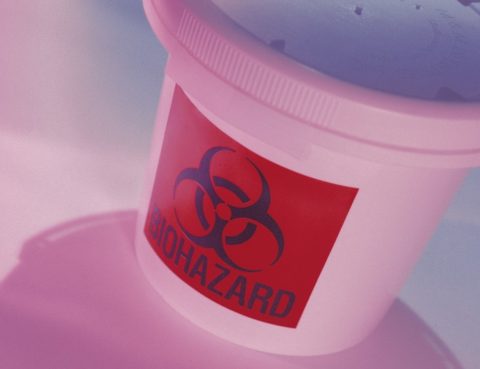
Every day, healthcare professionals, patients, and even the general public handle sharp objects like needles, lancets, syringes, and scalpels. While these items are vital for medical treatments, improper disposal can lead to serious risks, including injuries, infections, and the spread of diseases. That’s where sharps containers come into play. Sharps containers are specially designed, puncture-resistant…
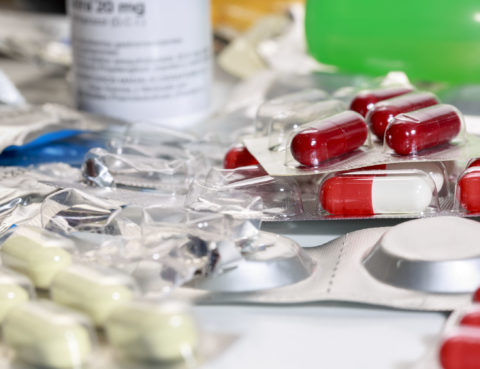
There are hundreds of pharmaceuticals in the United States. It can be difficult to know how to dispose of them all safely. There is a difference between proper disposal for over-the-counter medicines, controlled substances, non-controlled medications and hazardous waste pharmaceuticals. Disposing of drugs into the trash or down the sink can lead to environmental contamination…
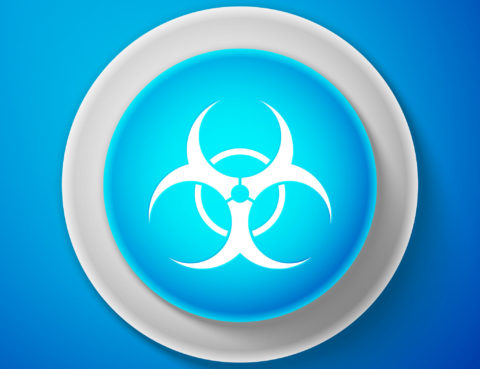
Hospitals, veterinary clinics and schools all offer valuable services. They also create a lot of medical waste in the process. The proper disposal of medical sharps, medications and other bio waste is well known throughout Florida and Georgia. Correctly eliminating products like bloody gloves, tubing, bandages, sharps and medications not only saves human lives, it…
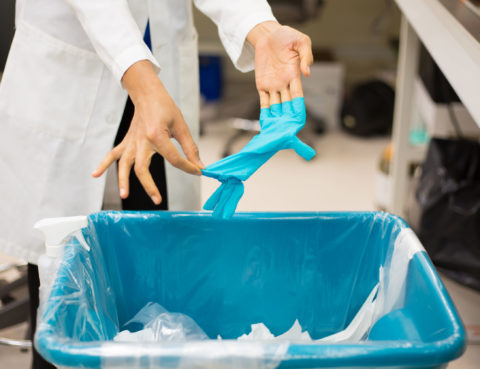
There are many places that produce biomedical waste, including hospitals, health clinics, nursing homes, laboratories, dentists, funeral homes, jails, animal hospitals, and veterinary clinics. The waste produced from these facilities is different from household and everyday refuse. Because disease can be spread through biohazardous materials, special care must be taken when disposing of it. Aside…
If you have expired prescription medications, it’s essential to dispose of them securely. When prescription drugs are abused, it puts people at risk for injury, addiction and even death. This problem is an increasing concern in the United States, with millions of people taking prescription drugs non-medicinally every year. The problem not only highlights the…
Everything You Need to Know About Medical Waste Disposal in FL are as follows: What is medical waste? Medical waste is known as potentially infectious waste materials that come from hospitals, dental offices, veterinarians and other facilities that provide some form of health care (even schools). It can also come from medical research facilities and…
If you’re not convinced about hiring a professional medical waste company for your medical, dental or veterinary practice, you should consider the significant risks that are associated with improper waste disposal. Here are some points to consider as you navigate the risks of improper medical waste disposal: Legal Liabilities Though it varies by state, there…
